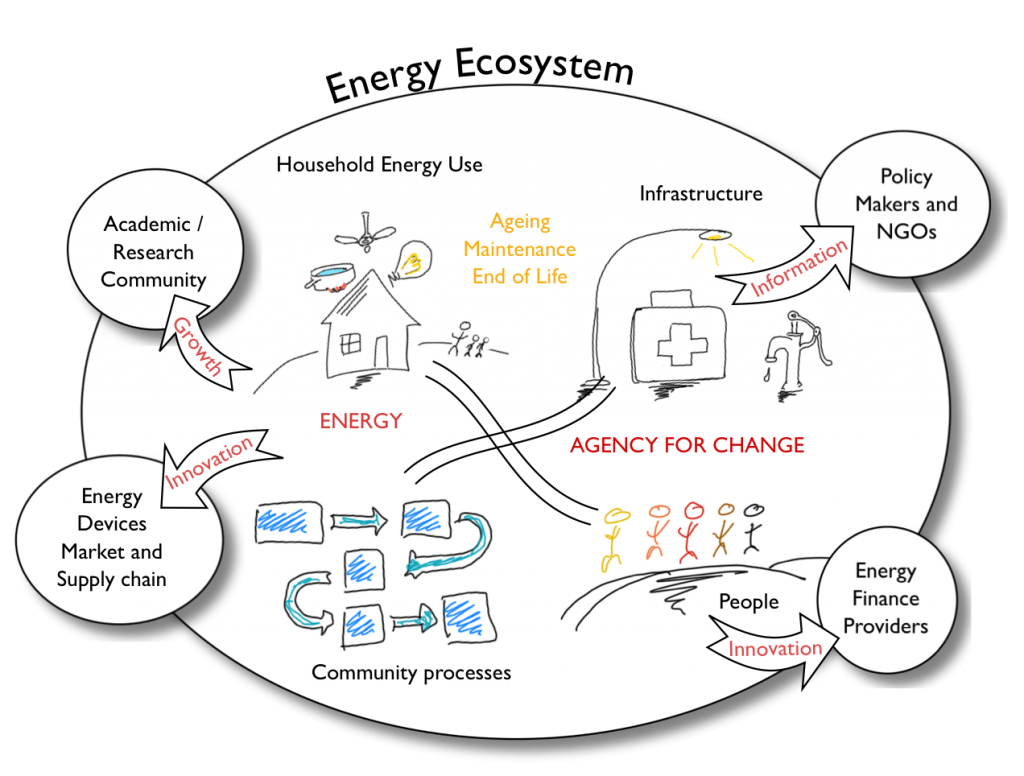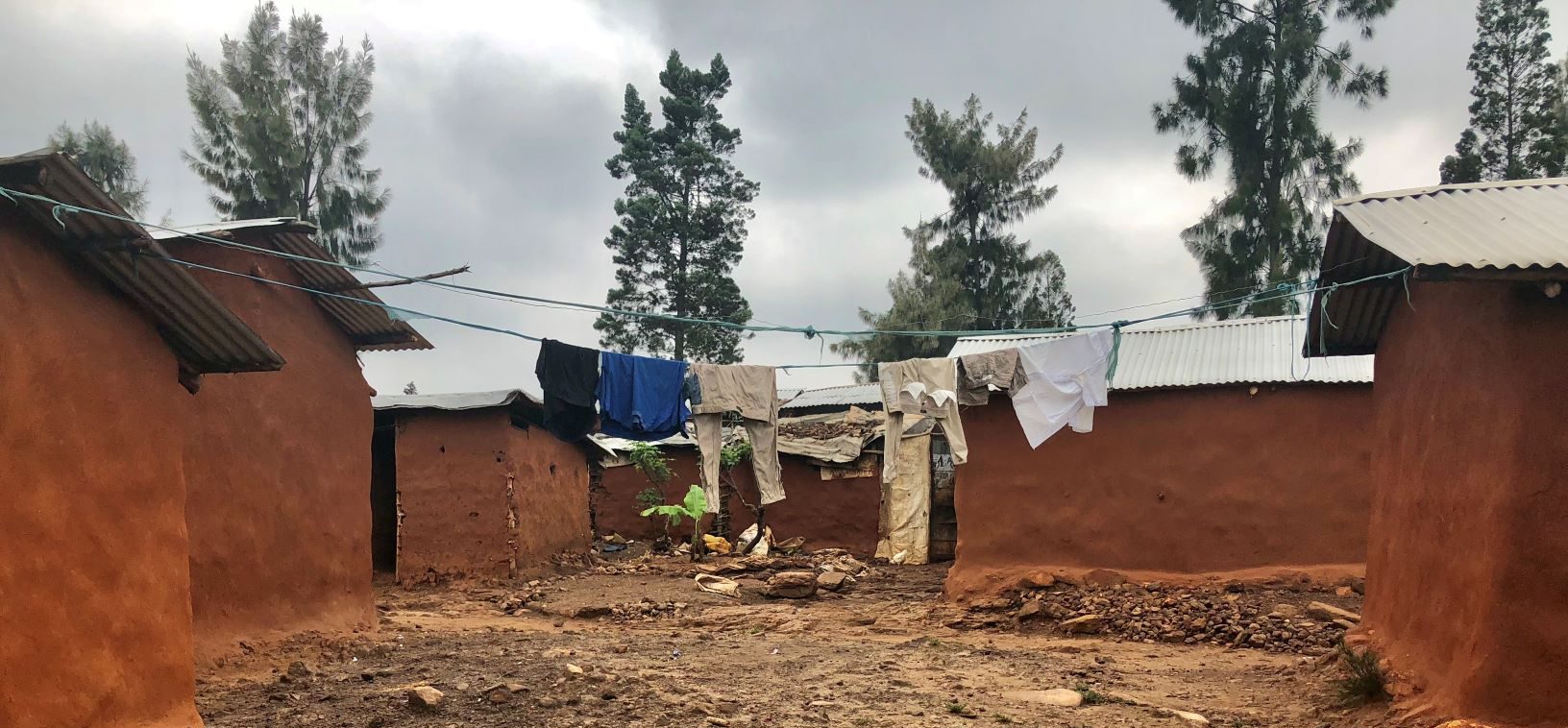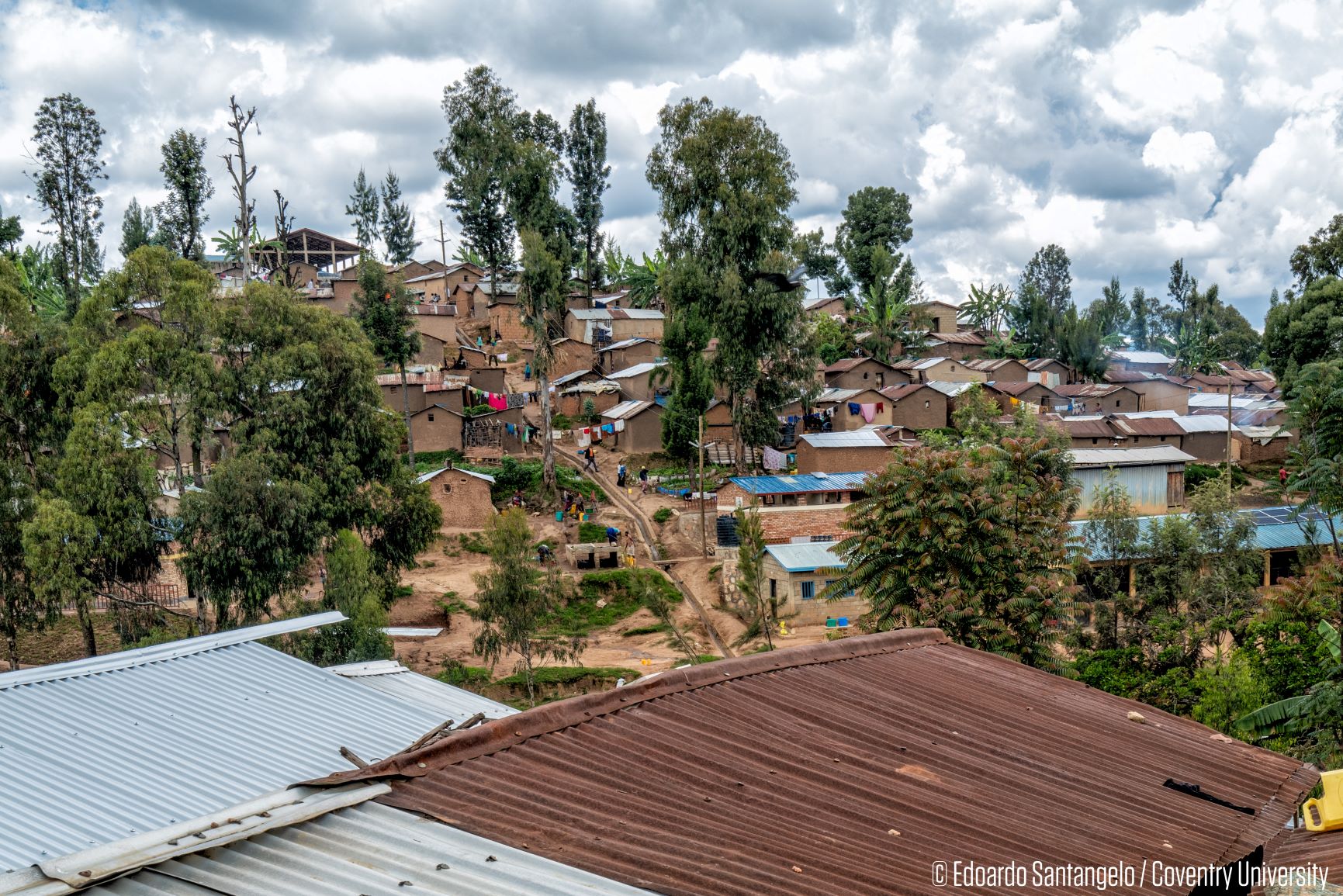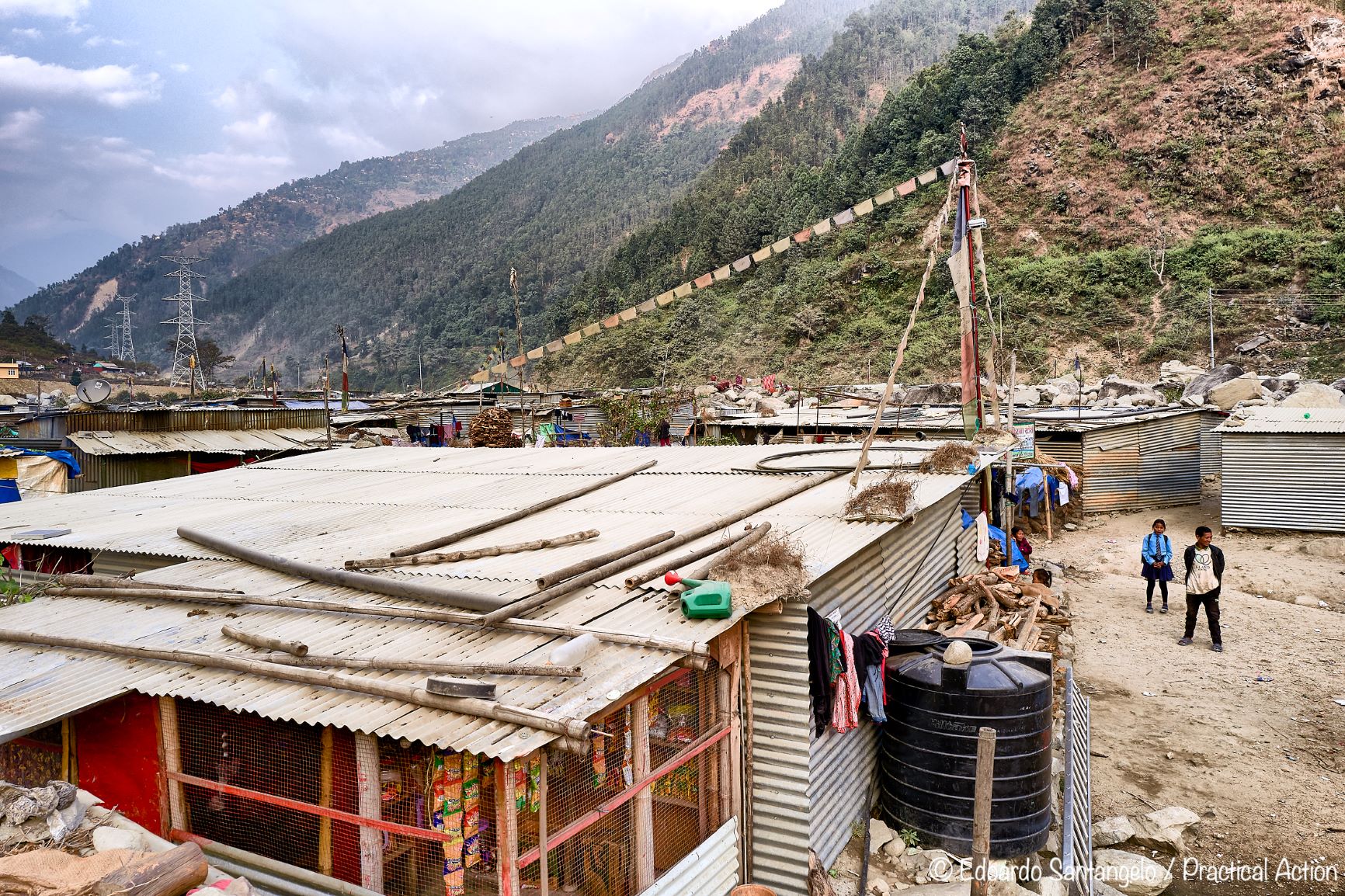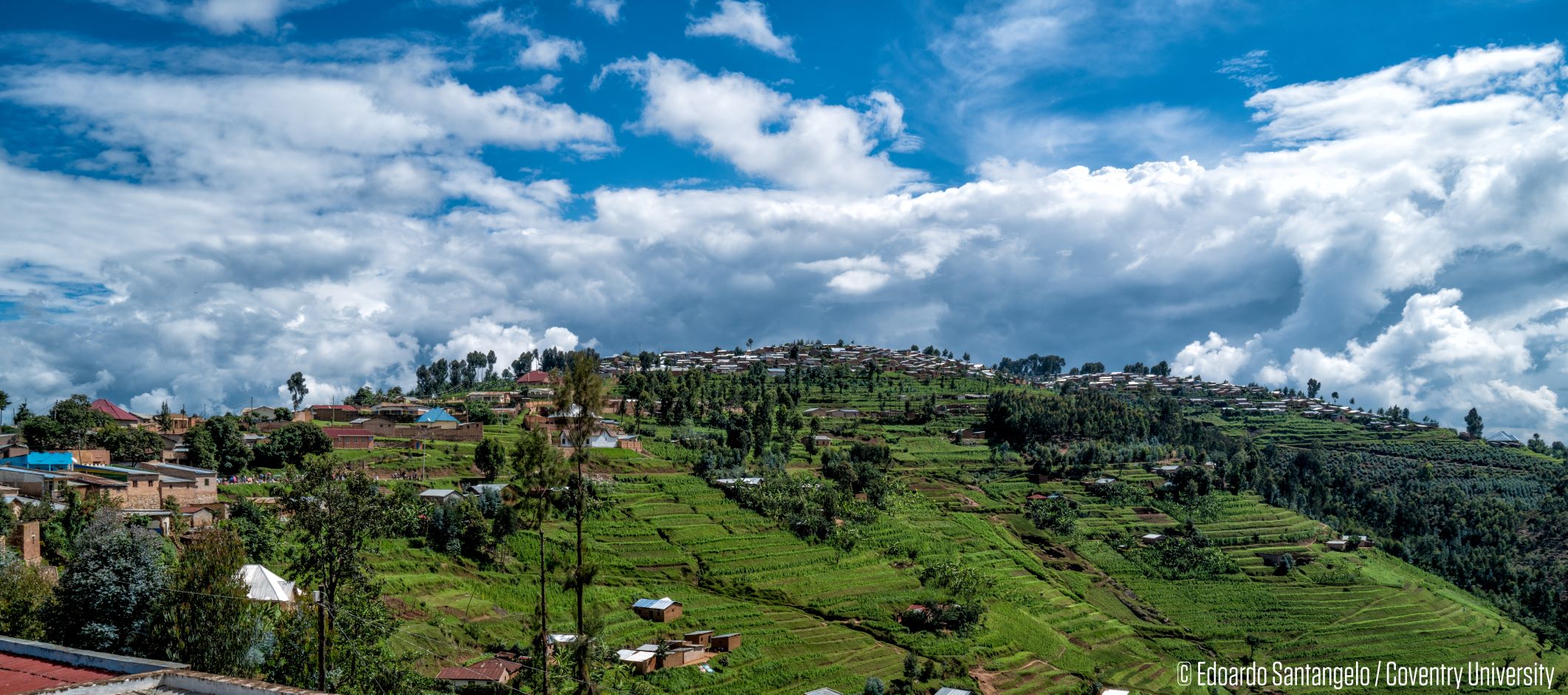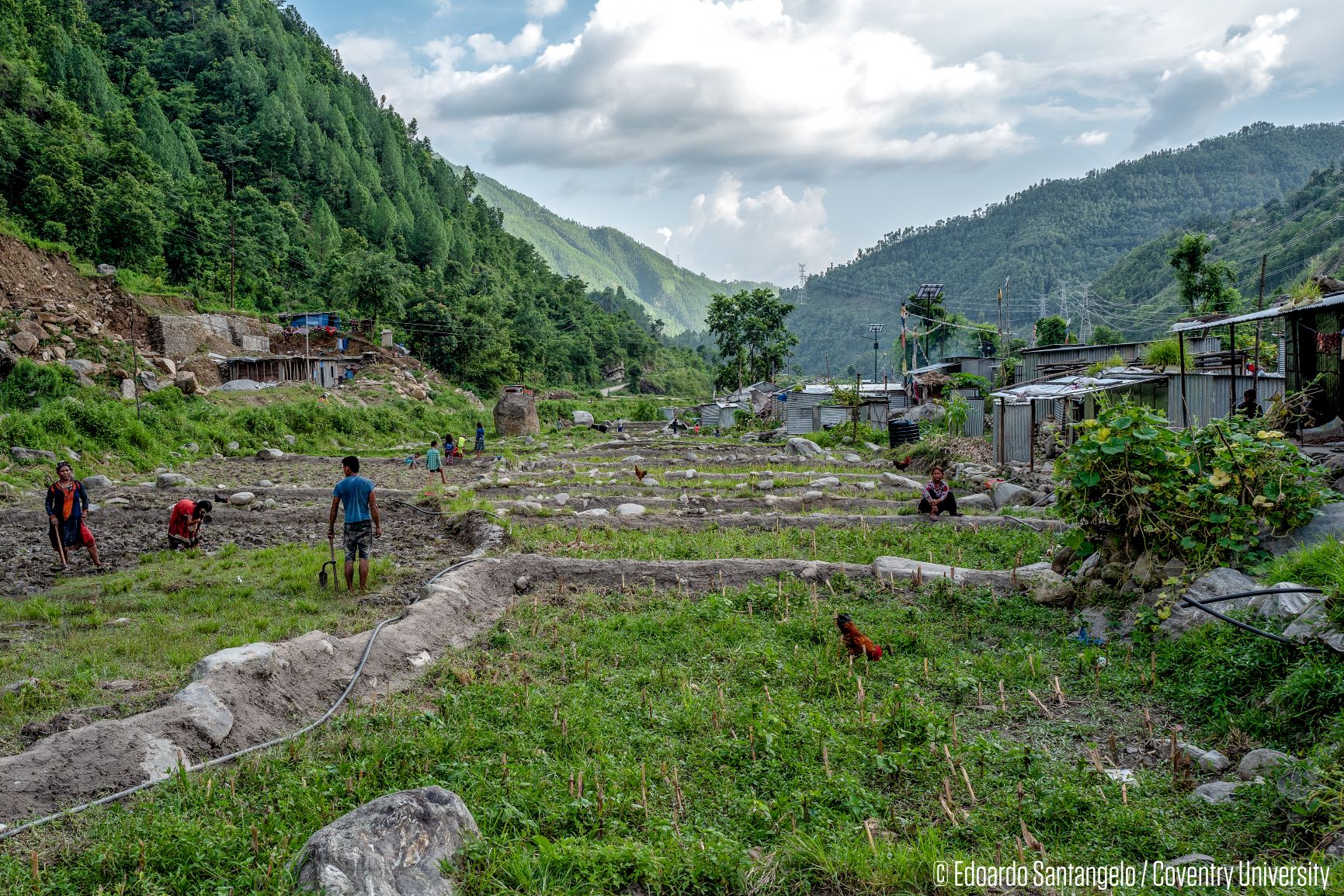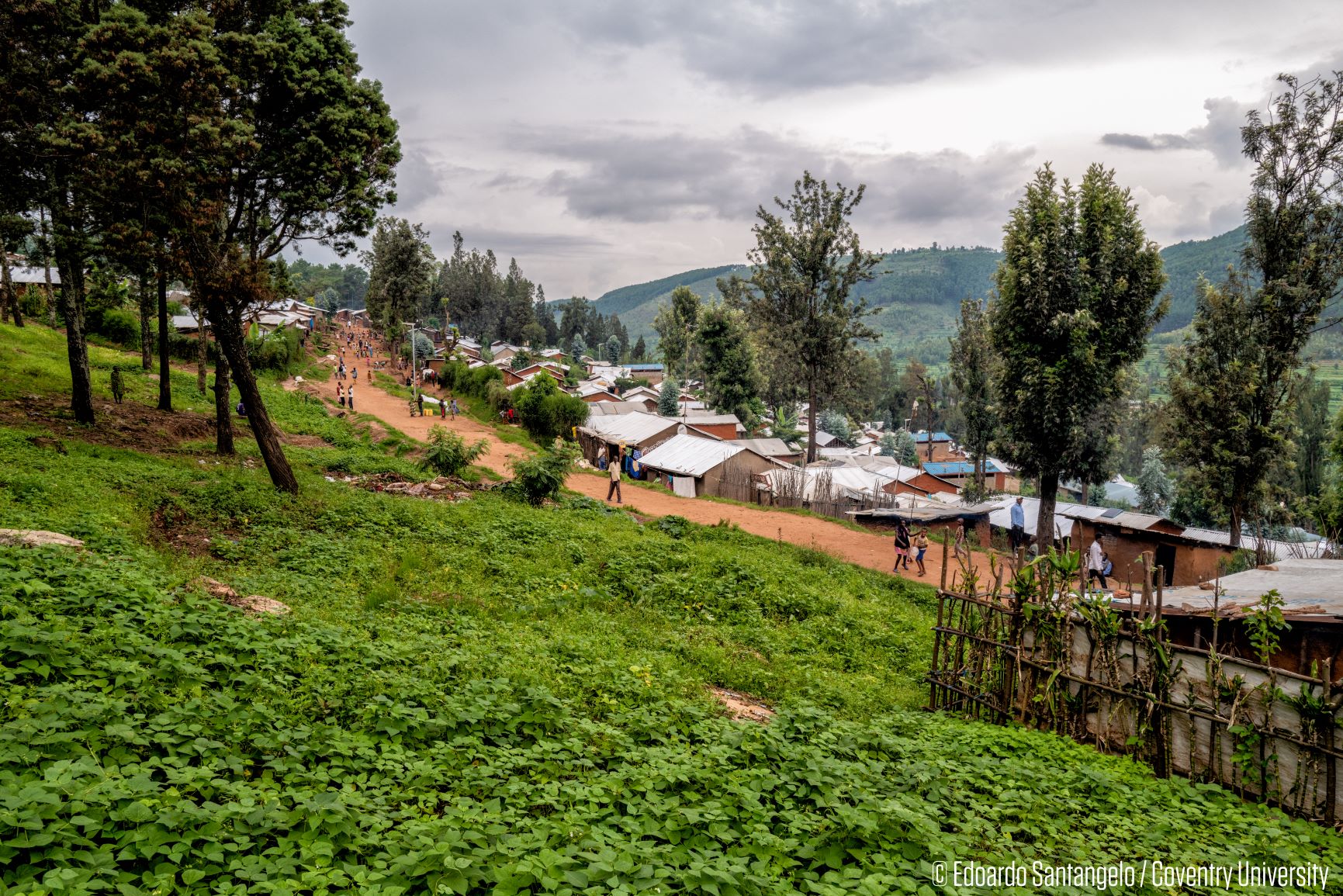Humanitarian Engineering and Energy For Displacement (HEED)
Around the world more than a billion people lack access to electricity or other forms of energy for cooking, heating and lighting. For those displaced from their homes access to energy can be particularly difficult.
The Humanitarian Engineering and Energy for Displacement (HEED) project is an innovative response to growing recognition of the need to improve access to energy, particularly renewable energy sources, for populations displaced by conflict and natural disasters. The focus of HEED is on the lived experiences of Congolese refugees living for protracted periods of time in three refugee camps in Rwanda (Nyabiheke, Gihembe and Kigeme) and internally displaced persons (IDPs) forced to leave their homes as a result of the 2015 earthquake in Nepal. These two countries provide very different environmental, policy and social contexts within which to research energy uses, needs and aspirations. To achieve our aims the project draws upon social science and engineering expertise to better understand energy needs and identify solutions which produce socio-technical systems that encourage community resilience and capacity building.
HEED is funded by the EPSRC Global Challenges Research Fund under grant agreement n° EP/P029531/1.
